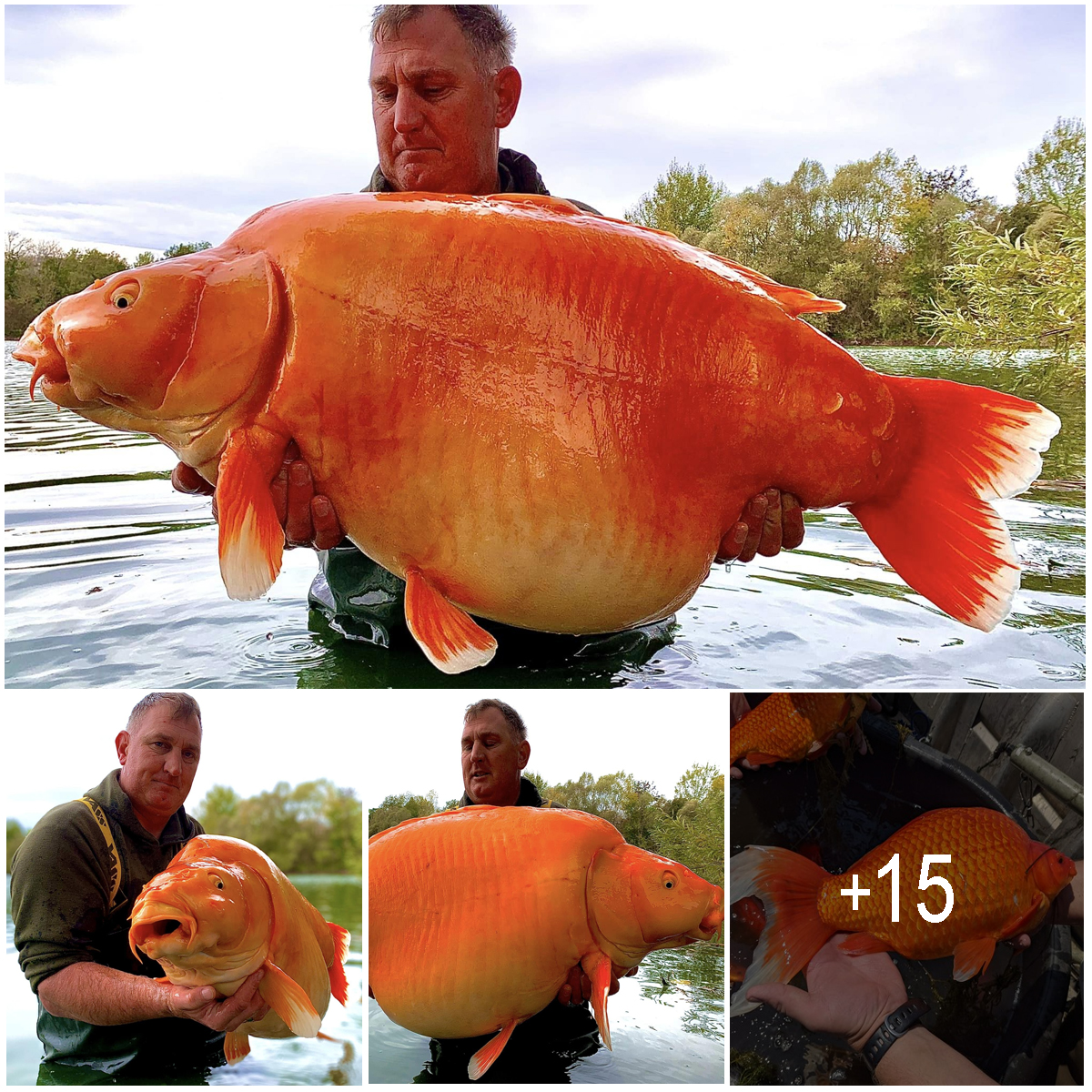The equine world is filled with diverse species, each possessing unique characteristics, behaviors, and roles. Horses and donkeys are two of the most recognized species, both of which have shared a long-standing relationship with humans.
Despite their shared lineage and similar roles, horses and donkeys exhibit significant differences that impact their behavior, physiology, and needs.
This brings us to an intriguing question for equine enthusiasts and potential owners – can horses and donkeys live together?
This comprehensive guide delves into the question, exploring their compatibility, potential benefits, and challenges of such a living arrangement.
Can Horses & Donkeys Live Together?
Yes, horses and donkeys can live together and make great companions. They can comfortably share pastures and barns, often forming mutually beneficial relationships.
Donkeys are known for their intelligence and their ability to protect horses from predators. Horses, on the other hand, can provide companionship and support for donkeys.
However, creating a successful environment for both species necessitates an understanding of their distinctive behaviors, social dynamics, and potential health concerns.
Understanding the Social Dynamics Between Horses and Donkeys
Horses and donkeys are both inherently herd animals. They operate within a strong social structure that relies on a dominance hierarchy.
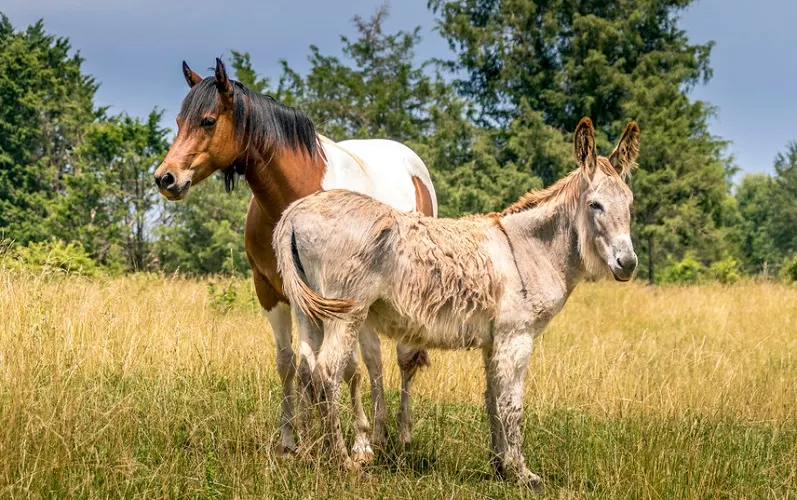
Horses usually establish a linear hierarchy. This structure means each individual is dominant over those below it and submissive to those above. On the other hand, donkeys often form a more complex social structure, with dominance less clear-cut.
In a mixed-species setting, these social dynamics can interact in unique ways. For instance, a donkey may assume a protective role within a horse herd, leveraging its inherent alertness and tendency to confront rather than flee from threats.
Health Considerations
While horses and donkeys share a lineage, their nutritional needs and health considerations can vary greatly. Understanding these differences is crucial when managing their shared space and ensuring both species’ health and well-being.
Horses generally require a diet rich in quality protein for optimal health. Conversely, donkeys, historically adapted to more arid environments, thrive on a diet high in fiber and low in calories.
Sharing pastures doesn’t mean sharing diets. It’s essential to ensure that each animal receives its specific nutritional requirements, preventing issues such as obesity in donkeys or malnutrition in horses.
Moreover, there are health concerns unique to each species. A significant example is the susceptibility of donkeys to lungworms. While these parasites typically don’t cause serious harm to donkeys, they can have detrimental effects on horses.
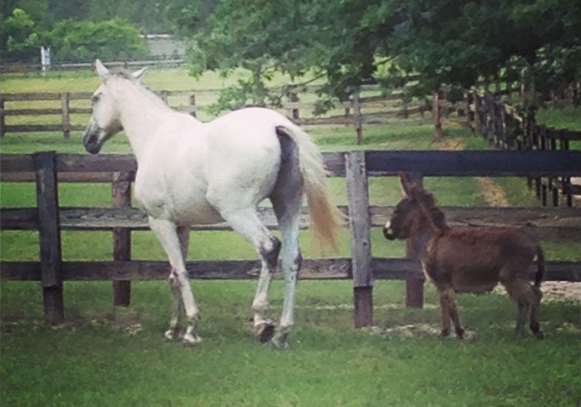
Health Management Strategies
Regular veterinary check-ups and an appropriate deworming program can mitigate potential health issues when housing horses and donkeys together.
It’s advisable to work closely with a veterinarian to establish and maintain a health management plan that considers each species’ unique needs.
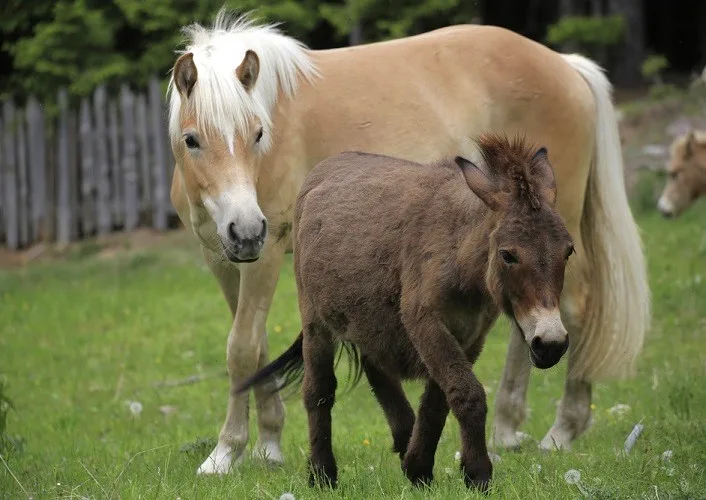
Breeding Considerations
One crucial aspect to consider when housing horses and donkeys together is the potential for breeding.
A male donkey (jack) and a female horse (mare) can produce a mule. Conversely, a male horse (stallion) and a female donkey (jenny) will result in a hinny. These hybrids are generally sterile but add an additional layer of complexity to managing a mixed-species pasture
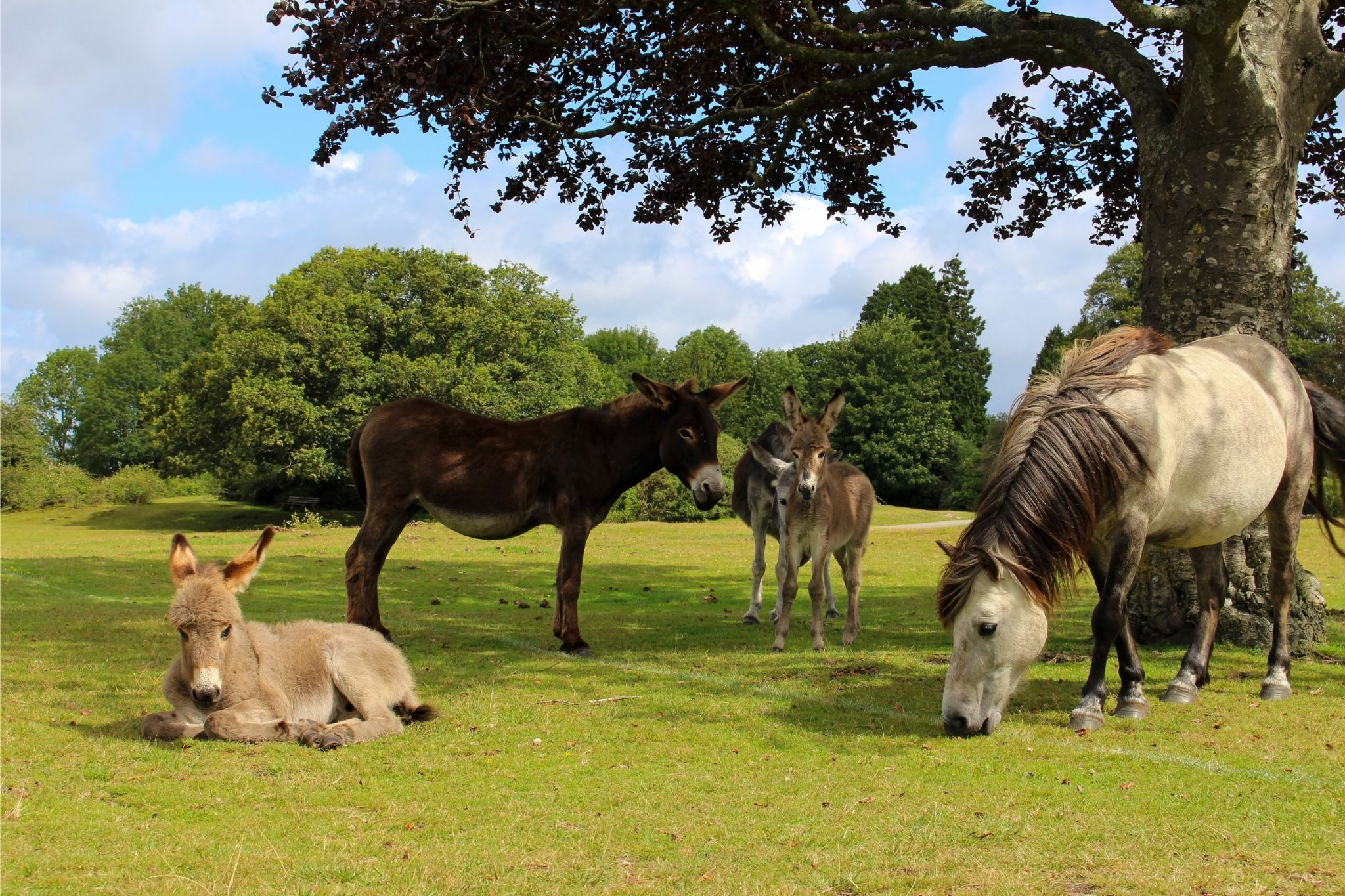
Other Animals Horses and Donkeys Could Live With
While horses and donkeys can cohabitate successfully, they also have the ability to live with a variety of other animals. These can range from other large livestock to smaller domestic animals.
However, as with all interspecies interactions, the success of these arrangements depends on the individual personalities of the animals involved, as well as careful management by the owner.
Goats
Goats are often used as companion animals for horses and donkeys. They can provide companionship, especially for equines that live alone. This is beneficial as horses and donkeys are both herd animals and do better with company. Goats are also hardy and have similar grazing habits.
Sheep
Sheep can also serve as good pasture companions for horses and donkeys. They are non-aggressive and their grazing habits can complement those of equines. It’s important to note, however, that they require different parasite management strategies and their woolly coats might require additional care.
Cows
Cows and equines often get along well, though their nutritional needs and grazing habits are somewhat different. The main consideration with cows is their slower-moving nature which can sometimes lead to injury if a more energetic horse or donkey becomes boisterous.
Alpacas
Alpacas, like donkeys and horses, are herd animals and can also make good companions for equines. They have a calm and gentle nature which can have a soothing effect on nervous horses. Their grazing habits are similar to those of horses and donkeys, making pasture management relatively straightforward.
Alpacas can also offer an additional benefit as “guard” animals. Despite their gentle disposition, they are known to be protective and alert, and may react defensively towards potential predators, providing a layer of protection to the herd.
Not only do they coexist harmoniously with horses, but they also contribute to weed control, aid in managing parasitic worms, and are comparatively low-cost to maintain.
However, they do have unique dietary and health requirements that need to be managed. Alpacas also have soft padded feet that can be sensitive to rough or rocky ground, which needs to be considered when designing a shared living environment.
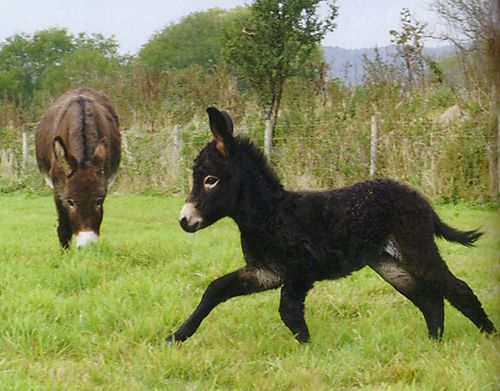
Conclusion
Overall, horses and donkeys can coexist, resulting in a rewarding experience that offers insights into their unique interactions and relationships. However, success hinges on understanding their distinctive behaviors, dietary needs, health issues, and the implications of potential breeding.
Cohabitation can enrich the lives of both species when approached with care, respect, and an unwavering focus on the welfare of the animals. Always remember that individual temperaments and needs must be at the forefront of any decisions involving their care and environment.





